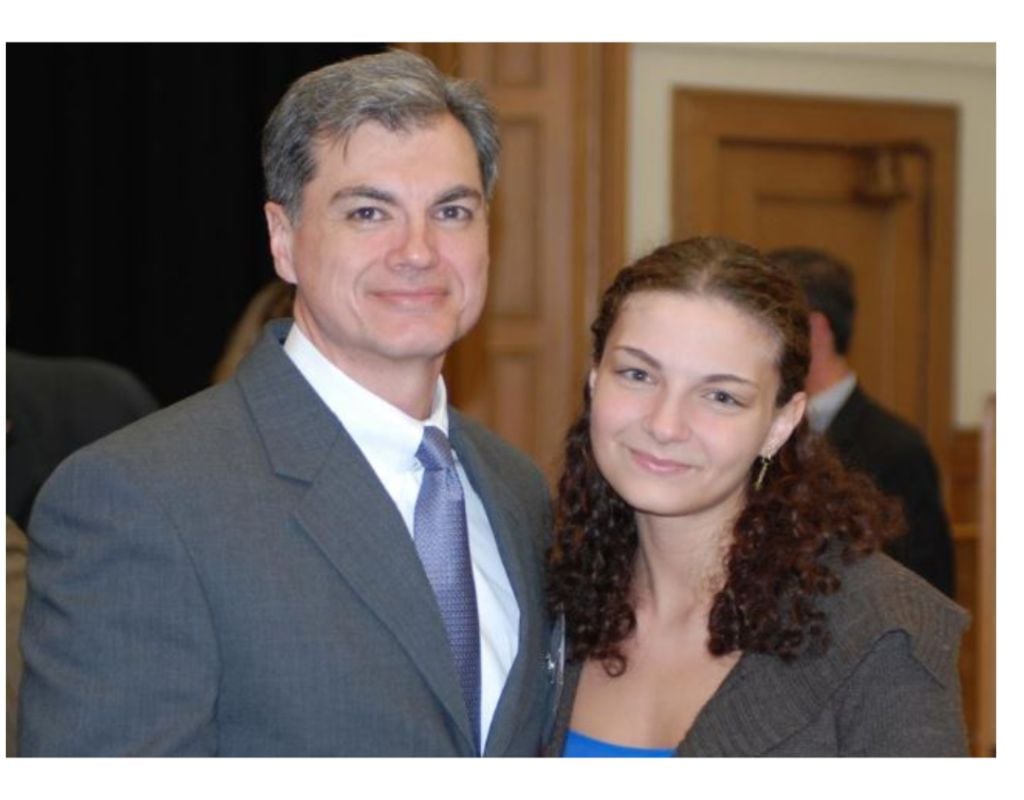Regarding The Upcoming NATO Summit, I Couldn’t Write It Better | The Gateway Pundit | by Larry Johnson


I have cited articles by my new friend, Stephen Bryen, in previous posts. Steve and I do not always agree. But I know him to be a man of integrity. You don’t always have to agree with someone in order to like and respect them. Unlike the disgraceful Bill Burns, Steve does not put a finger to the wind to figure out what he should say. He looks at the current situation based on his life experience and gives you an unvarnished account. I encourage you to read his latest on Substack — What to Expect from the Vilnius NATO Summit.
I was planning a similar piece but, in light of what he has posted, I decided not to plow the same ground twice. Steve carves some very straight, powerful furrows.
Part of the Western foundation for Ukraine’s offensive was the introduction of modern technology on the battlefield, represented especially by the appearance of the Leopard tank. Unfortunately for NATO, the Leopard tanks have not saved the day for Ukraine. So far, between 16 and 20 Leopards have been knocked out on the battlefield along with lots of other NATO-supplied armor including infantry fighting vehicles such as the US Bradley and mine clearing systems like the Finnish Leopard 2R HMBV and the German Wisent 1.
Leopard, along with the US Abrams main battle tank, form the armor backbone of NATO’s land defense. While the US and its allies have superior airpower, they have sparse and inadequate air defenses compared to what Russia can bring forward. That means that a land defense needs to stand up to Russian artillery, attack helicopters armed with missiles, lethal drones and air launched mines.
The failure of the Leopard in Ukraine represents a huge challenge for NATO and signals that the current NATO “tripwire” strategy may not work. Under the tripwire paradigm, the idea is that an initial Russian attack (most likely in the Baltic states because Russian forces are very close to Estonia and Latvia) can be held for some days while the US ships heavy forces into Europe. But if the tripwire is illusory, then NATO is exposed to rapid Russian advances in Europe should an attack be launched. The bottom line is that NATO’s strategy needs revision or, alternatively, that the Europeans and Russians work out a mutually acceptable security arrangement. It is exactly such an arrangement that Russia proposed to NATO in December, 2021 and which was rejected without discussion.
Now the ammunition cupboard is bare, even in the United States. The Russians are learning how to counter advanced western systems, a negative development for NATO’s security. It could not be a worse time to risk Europe’s security on the basis of being able to stop a Russian attack. It may be easy for British politicians to scream they want NATO to fight in Ukraine, but it isn’t London that is likely the first target of Russia’s missiles. Cracks in the alliance are emerging more quickly than anticipated, and Europe’s weak governments are in trouble.
Unfortunately, the policymakers in Washington, DC with responsibility for intelligence and military matters do not appear receptive to Steve’s stark, accurate assessment. A friend still involved in the day-to-day operations sent me the following video. He said this is making the rounds among the Company Grade Officers (i.e., 2d Lt, 1 Lt, and Captains) and enlisted personnel. A majority of the American military actually believes this stuff, especially the Zoomers. Reddit, the main social media app of today’s youth, is chock full of this garbage.
Although the video is a lame attempt at humor, the narrative/meme is not a joke. Many younger officers genuinely believe that we have Russia over a barrel and can take out Putin at will. It is one thing for the average guy or gal on the street to believe such nonsense, but it is terrifying to learn that many U.S. military officers, both junior and senior (including Flag Officers, i.e. Generals), are so deluded.
Underestimating an opponent has led to the surprising defeat of many boxers and martial artists. The same danger applies to the U.S. military leaders, who naively believe the United States can continue crossing redlines by sending F-16s and cluster bombs to Ukraine without fear of Russian retaliation.
The U.S. military and intelligence community are behaving as political partisans rather than professionals committed to providing objective analysis. I draw on my own experience in reaching this conclusion. When I entered the CIA in 1985 I was a Republican and strong supporter of Ronald Reagan. But I did not let my partisan views guide my analysis. In fact I was criticized frequently by some senior CIA officials in the Directorate of Operations for “not supporting the President” simply because I wrote pieces for the Presidential Daily Brief that contradicted the “happy talk” they were sending to the White House. I have seen no evidence that the current crop of analysts are daring to speak “truth to power” by challenging the false narratives about Ukraine and Russia that are fed to a gullible American public on a daily basis.
What happens next week in Vilnius will provide a road map for the future of the war in Ukraine — either NATO agrees to step up its support for Ukraine, thereby ensuring the deaths of more Ukrainian soldiers, or NATO will split and the support for Zelensky and his Generals will dissipate, which will raise serious doubts about Ukraine’s ability to continue fighting Russia.




